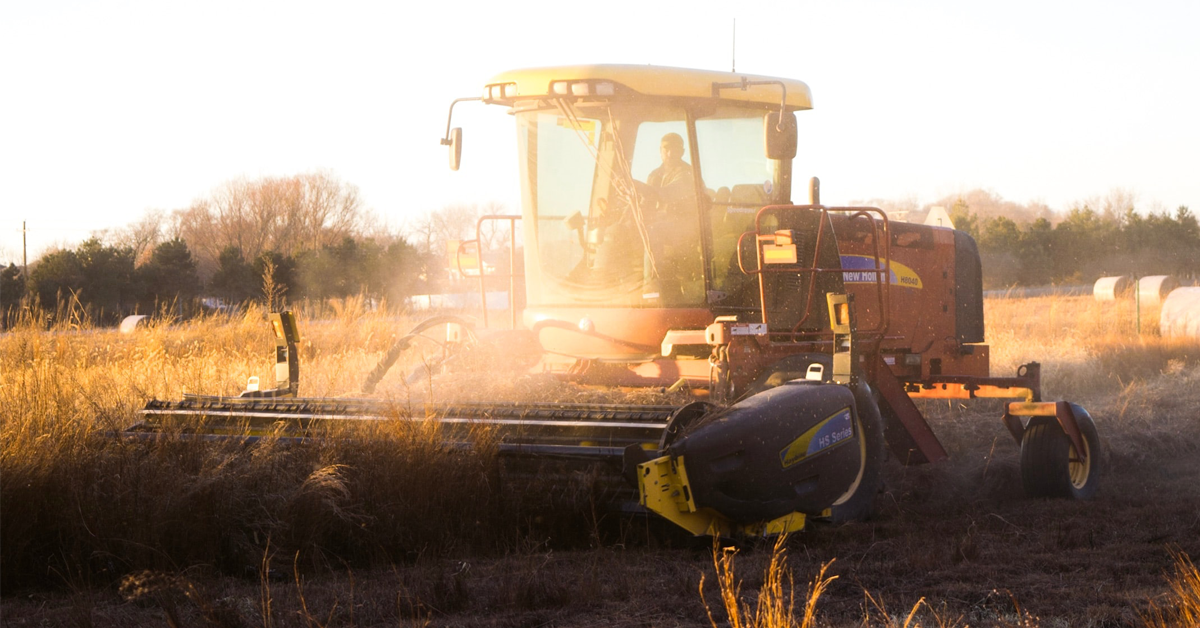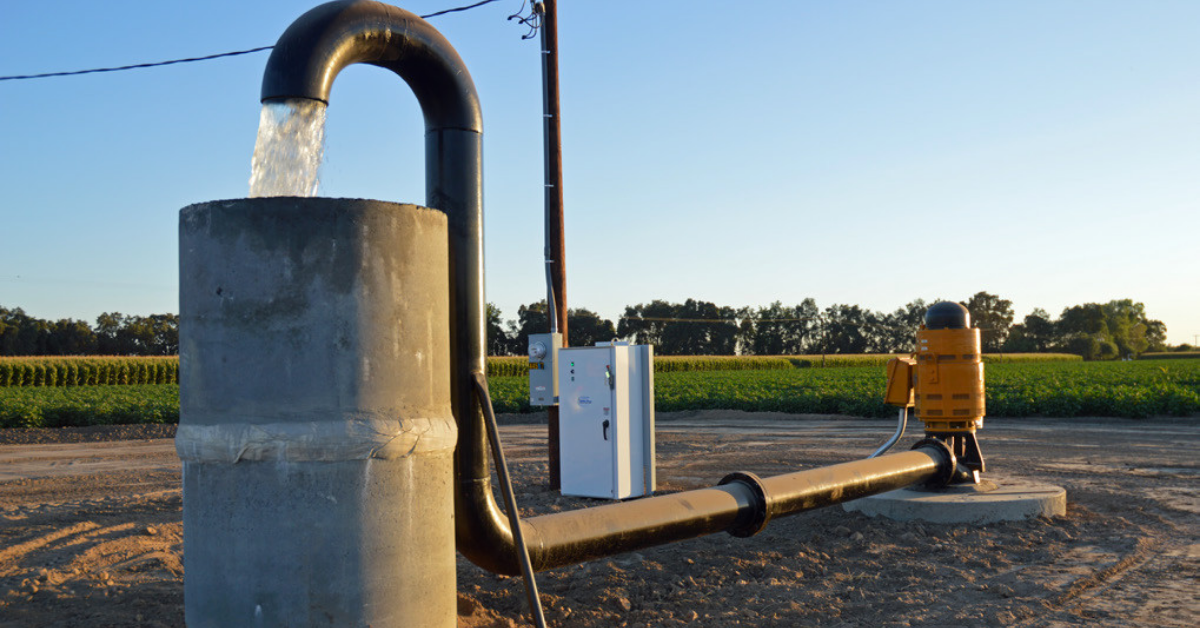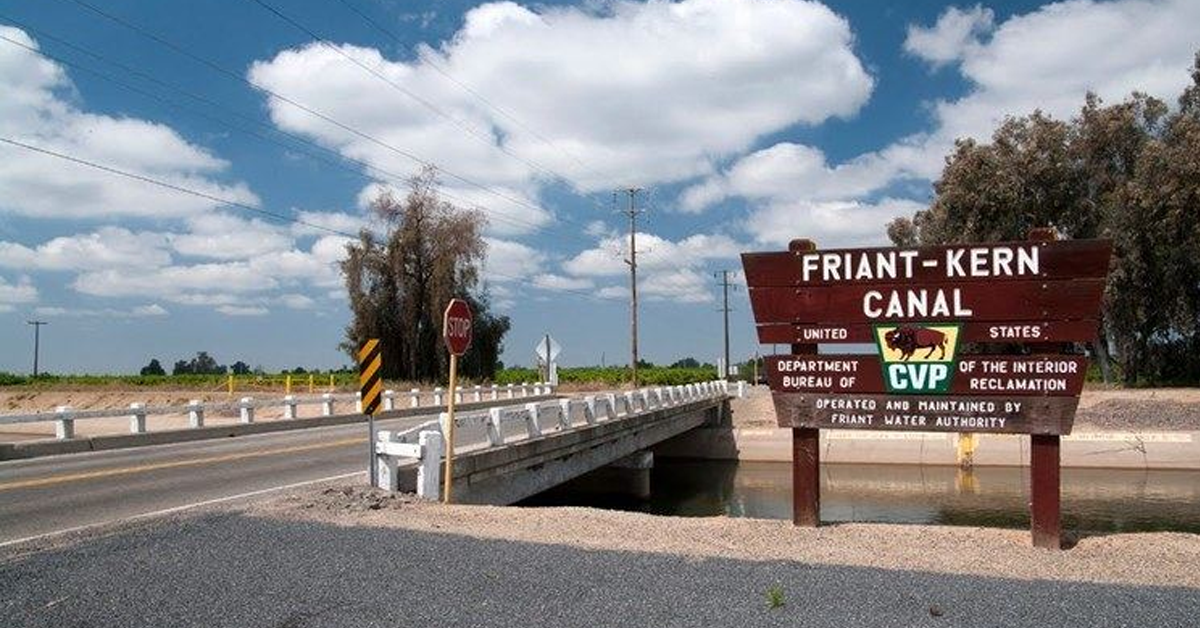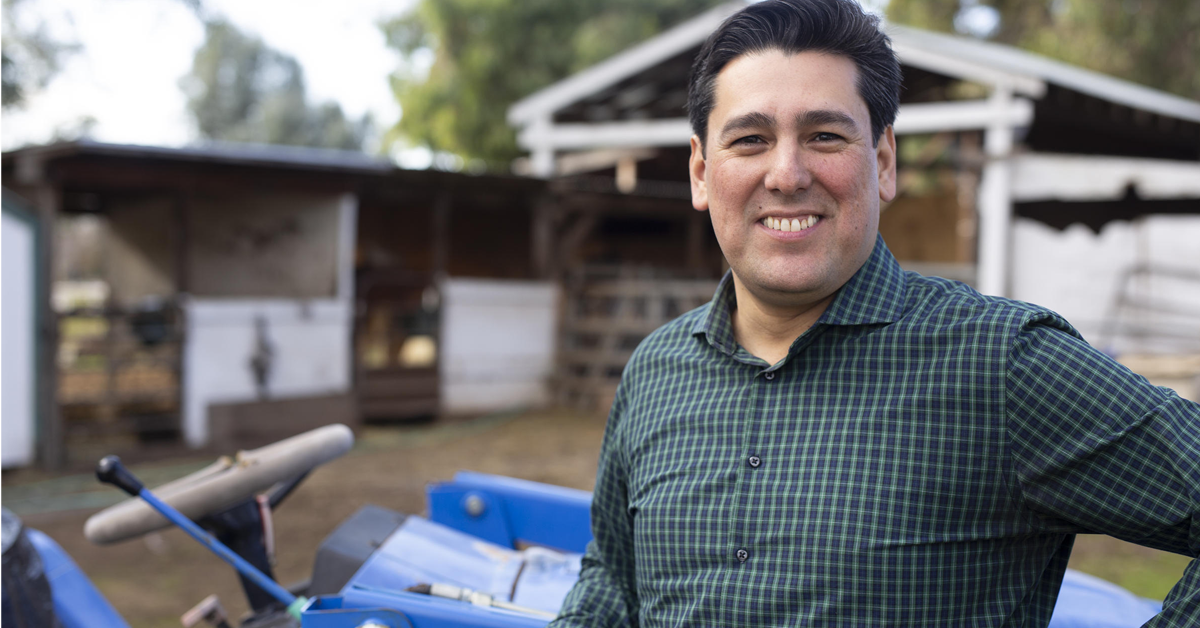Several groundwater sustainability agencies in the Central Valley have not taken enough action in their groundwater sustainability plans, leading to increased oversight from the state.
The California Department of Water Resources announced its decisions for the groundwater sustainability plans for 12 critically overdrafted groundwater basins throughout the Golden State on Thursday.
The backstory: California lawmakers passed the Sustainable Groundwater Management Act of 2014, which requires local groundwater sustainability agencies in critically overdrafted areas develop and implement plans to achieve groundwater sustainability.
- The 12 groundwater basins were evaluated by the Department of Water Resources in January 2022 and their plans were determined to be incomplete. The Department of Water Resources gave them 180 days to correct the deficiencies and resubmit their plans.
The big picture: The Department of Water Resources recommended approval for the following Central Valley basins: Eastern San Joaquin Subbasin, Merced Subbasin, Westside Subbasin and Kings Subbasin.
- The following Central Valley basins have to go back to the drawing board: Chowchilla Subbasin, Delta-Mendota Subbasin, Kaweah Subbasin, Tule Subbasin, Tulare Lake Subbasin and Kern Subbasin.
- According to the Department of Water Resources, the basins that did not receive approval did not analyze and justify continued groundwater level declines and land subsidence.
- Such criteria that had to be met included the elimination of groundwater overdraft within 20 years and the minimizing of land subsidence effects within 20 years.
State of play: The groundwater agencies that received approval get to move forward with implementing their plans and completing the corrective actions deemed necessary.
- It’s naturally a tougher situation for the agencies that submitted inadequate plans. The Department of Water Resources will transfer each of those basins to the State Water Board for oversight. The State Water Board also has the power to designate those basins as probationary in order to take further intervention and action on their respective water plans.
What we’re watching: If the State Water Board decides to move forward with the probationary designations, the first step is a 90-day notice ahead of a public hearing. Groundwater sustainability agencies can petition the State Water Board at any time to end state intervention.
What they’re saying: “DWR is carefully laying out the issues that remain,” said Natalie Stork, a supervising engineering geologist for the State Water Resources Control Board. “Some implementation is better than no implementation. Making some progress towards sustainability and implementing the plans that they have now are going to be a key part of fixing issues and getting out of state intervention sooner rather than later. We want to see all of these basins be successful, and a key part of that is continuing to move forward with plan implementation and fixing the issues that have been identified.”











